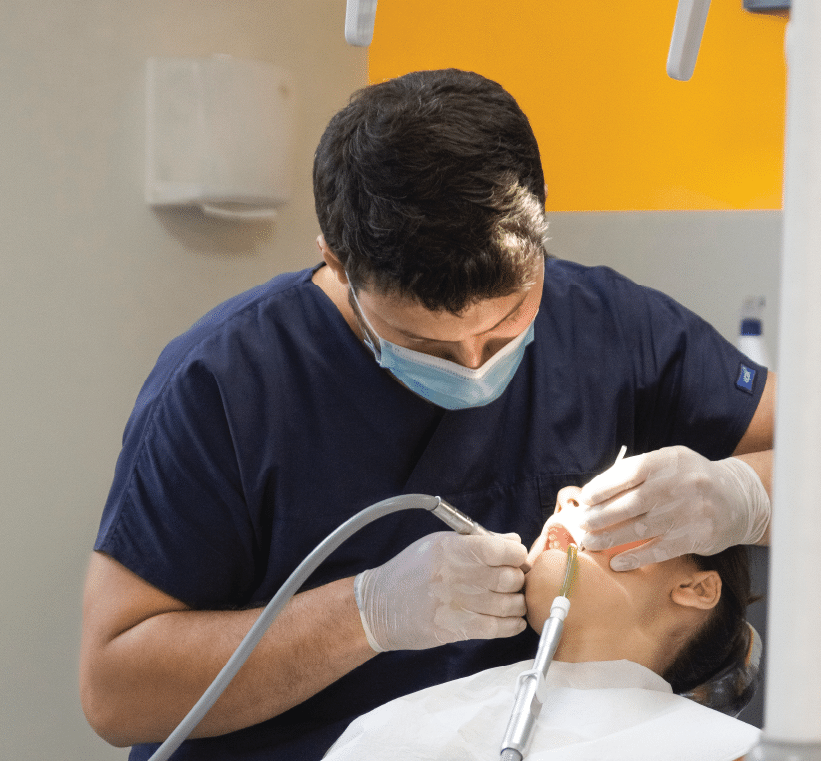Dentistry Management: How to Run a Successful Dental Practice
Need guidance on running your first dental practice? Read our dentistry management blog to learn how to run a successful dental business today!
Learn MoreWhy do some dentists have DDS after their names while some have DMD? As a dental practice manager, you may be wondering whether this title will have an impact on your hiring, salaries, or planning promotions.
So, what does DDS stand for? And what does DMD stand for? More importantly, when do you use one over the other? In this article, we’ll discuss the difference between DMD vs DDS and what it means for those running the show.
Before we begin contrasting DMD vs DDS, we first need to know what each stand for.

DDS stands for Doctor of Dental Surgery, which is the proper term for a dentist. Their job is to maintain a person’s oral health and treat any disorders, if any. This mostly involves the teeth and gums, mouth, and tongue.
DMD stands for “Doctoris Medicinae Dentariae,” a Latin term which translates to Doctor of Dental Medicine. And their job description is exactly the same as a DDS doctor.
The path to a DDS or DMD certification is identical as well. It all starts with a four-year undergraduate study for a pre-medical degree. After that, they attend dentistry school and start their formal training. They must also complete a residency program as part of their course requirement.
Once they’ve graduated, they are awarded either a DDS or DMD degree, depending on the school. Afterward, they must pass a licensure exam to practice their profession legally. As you can see, the only meaningful thing that DDS or DMD can tell you is the school which the person graduated from.
Thus, using these titles as your basis for hiring, promotions, or deciding salaries is inaccurate. Rather, you should look into the expertise behind the title. For instance, you should look at the residency program a dentist has completed while in school. Did they take specialization courses, such as oral surgery? Do they have orthodontic certification? How reputable is the school they graduated from?
Looking at these things tells you a lot more about the skills of a dentist, which is a better gauge of whether to hire them or what salary they should receive. For instance, a dentist with orthodontic skills will typically command nearly twice the salary of a general dentist.
Now that we know that a DDS and DMD doctor are the same thing, that begs the question: why are there two different titles in the first place?
Today, there are a fair number of schools offering DMD and DDS. And that’s the reason you see a good mix of dentists with either designation. One thing to point out: the notion that DMD degrees are more prestigious – because Harvard offers them – is not true. For instance, fellow Ivy League school Columbia opted for DDS degrees.
Request a demo today to see how our specialty dental practice management software can make your clinic more efficient.